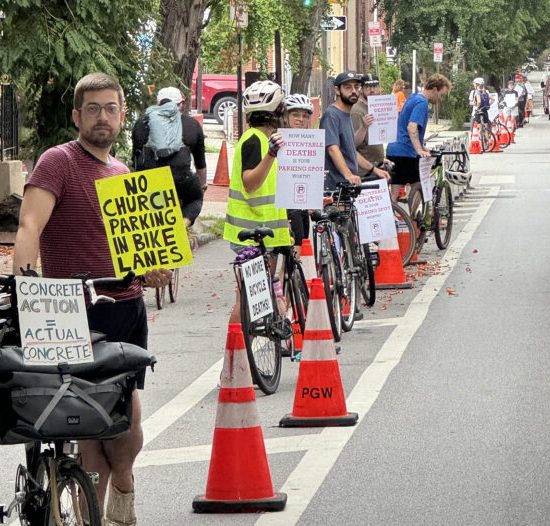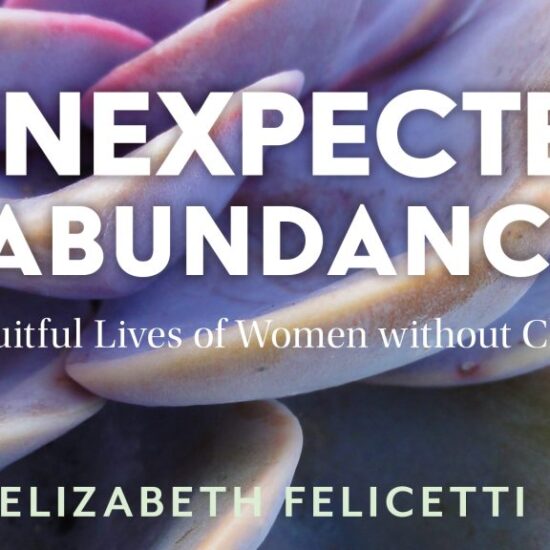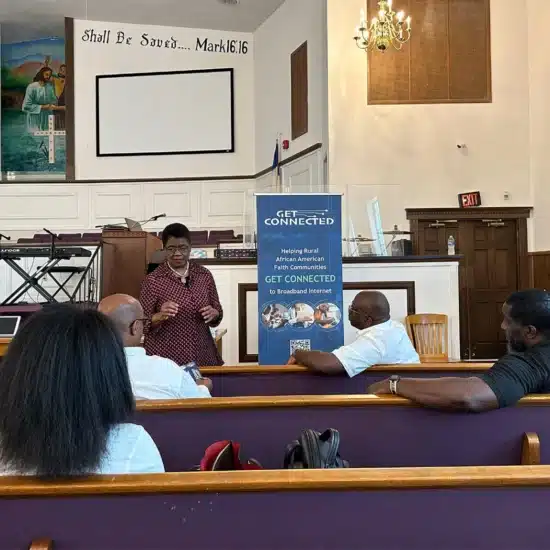COLUMBIA — How does a Baptist woman who believes God has called her to pastoral ministry find a place of service — particularly in a climate still slow to consider females for the top post as senior pastor?

Kathy Pickett
|
Most Southern Baptist churches have resisted allowing women to hold preaching ministry roles. Even though groups such as the Cooperative Baptist Fellowship and American Baptist Churches USA have publicly favored women ministers, some of their churches have been slow to call or consider a female senior pastor.
The CBF of Missouri approved a measure on Sept. 17 in an attempt to encourage search committees to at least consider a female candidate when looking for a pastor — offering a cash incentive.
The incentive would be provided to churches that would "include a woman candidate in the process…treating her as a top candidate even if she isn't actually one of the top candidates," CBFMO Associate Coordinator Jeff Langford explained in a handout distributed at a Coordinating Council meeting at Memorial Baptist Church in Columbia.
The proposal has been tagged the "Rooney Rule," after a National Football League rule that requires teams to interview at least one minority candidate when filling a head-coaching position. The NFL can penalize a team that does not do so.
Langford acknowledged that Baptist churches cannot be told what to do but that the incentive plan would encourage them to consider the option. He emphasized that perhaps "somewhere down the line" a congregation that received the assistance would choose a woman as senior pastor.
"Even if the church isn't ready, the search committee may discover a remarkable candidate along the way that changes their perspective, either for the current search or for a future one," he said.
The concept of a "Rooney Rule" grew out of a discussion on Aug. 1 called by Central Baptist Theological Seminary President Molly Marshall about how to enhance the role of women in ministry in the Midwest. Participants at that meeting came up with nine possibilities, including congregational education, church internships and preaching opportunities — and the financial proposal.
The incentive would "reduce the risk" to the church, Langford pointed out at the Sept. 17 council meeting, because it would cover costs the search committee wouldn't otherwise incur if it did not include a woman on its top candidate list.
While the Coordinating Council did not name a maximum dollar amount, CBFMO would pay interview, travel and other expenses related specifically to dealing with a female candidate.
Member Kevin Glenn cautioned that the Missouri Fellowship needs to be careful not to do something that churches might see as being "forced down their throats."
Marshall does not see a conflict. "I see the funding approach as an attempt to practice the full inclusion called for by the gospel," she said by email on Sept. 19.
At the September council meeting, Langford noted the incentive also would provide an opportunity for women to be educated about the selection process. "If nothing else, this program would give women pastor candidates some valuable interview experiences," he said.
But Kathy Pickett, moderator-elect for the state body, is concerned about possible adverse effects on female candidates, particularly on young women. "Be careful with the women candidates…that they are not hurt and damaged," she said at the meeting.
In an interview later, Pickett, pastor of congregational life at Holmeswood Baptist Church in Kansas City, explained, "While I appreciate that CBF of Missouri is trying to think creatively,…I feel like to have a woman step into…that situation makes them a guinea pig on both sides."
She is concerned about how a woman might feel when she realizes a church accepted the incentive to consider her, and then finds out that the committee doesn't actually consider her as a viable candidate.
While those aspects can be hurtful to any woman, idealistic young women coming out of seminary may be particularly vulnerable, she insisted.
"The young women may believe that something good is going to happen. There is a hopefulness that something is going to change when it likely isn't going to," Pickett said. "They are seminary trained and excited…but they've got to be made fully aware of the reason why a church is considering them.
"I've seen it too many times…where a church isn't ready [to consider a woman as pastor]…. That in itself is hurtful — knowing that a church, knowing you spent four years getting prepared, won't consider you because of your gender."
Pickett believes that sending out resumes, dealing with churches and just engaging in conversations about women's roles is part of her calling. But, she added, young women coming out of seminary often leave Baptist life altogether because there is no place for them in churches in the Midwest.
Despite her concerns, she recognizes the potential educational benefit of the CBFMO program, even for young women.
"The churches that say yes at least are ready to talk about it. The conversation can be healthy …especially if women understand that [it is just a conversation]…. They can gain the experience of dealing with a committee and learning more about themselves," Pickett added.
"But there has to be real honesty on both sides. Churches need to say right up front that they're not ready for it [a woman as pastor] but will do it [include a female in the selection process] as a learning thing."






